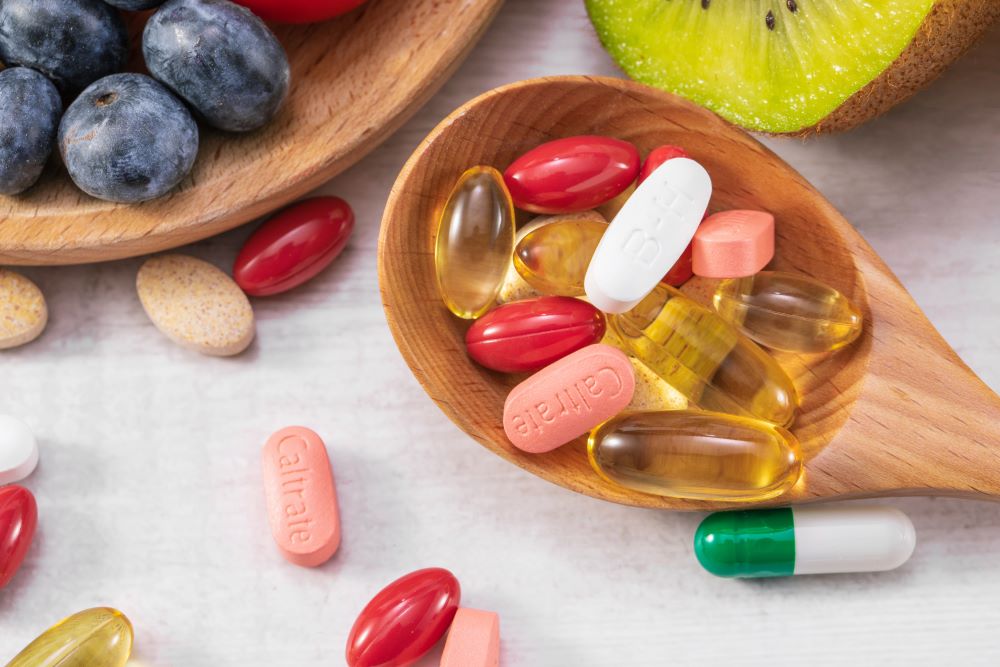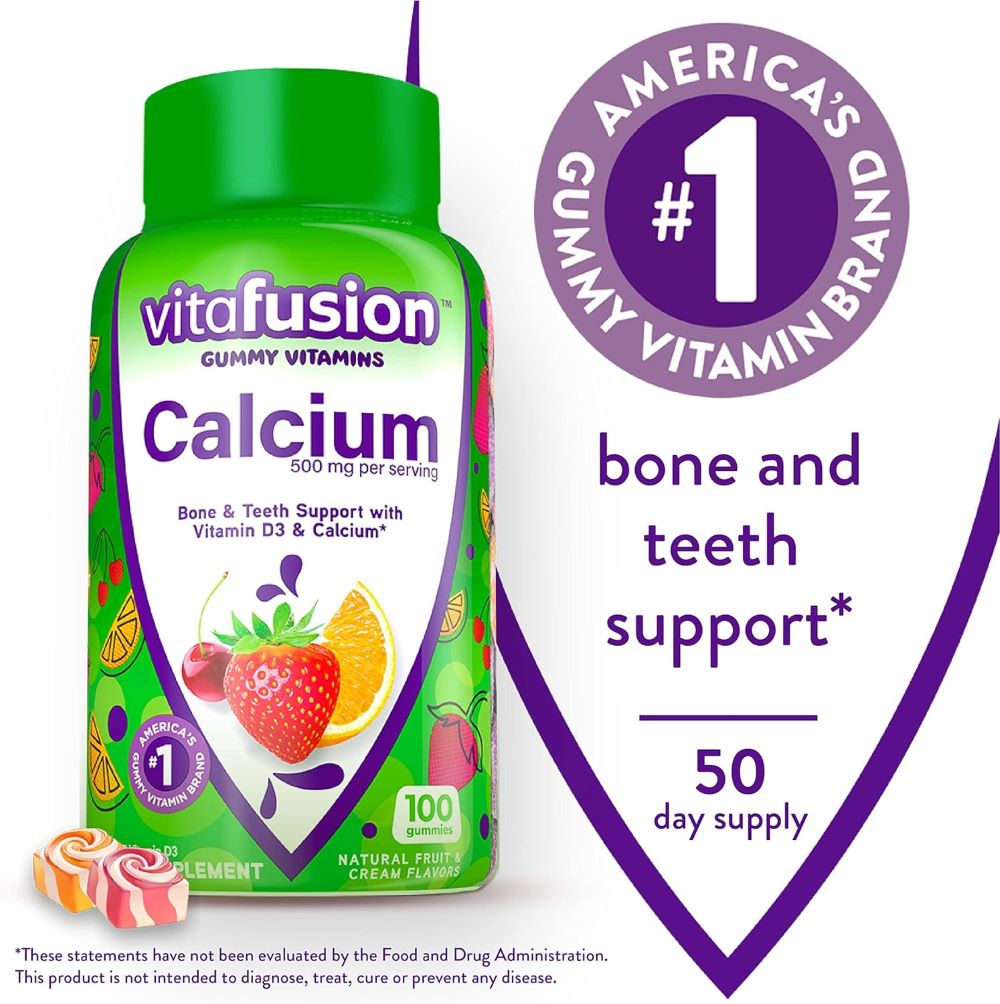Pregnancy is a transformative journey marked by immense physical, emotional, and psychological changes.
A crucial aspect of this journey is ensuring that both the mother and the growing baby receive adequate nutrition to support optimal health and development.
A well-balanced diet rich in essential nutrients, coupled with appropriate supplementation, plays a pivotal role in promoting a healthy pregnancy and ensuring the well-being of both mother and child.
In this article, we explore the essential nutrients and supplements that pregnant women need to prioritize for a nourishing pregnancy experience.
The Foundation of a Diet for a Pregnant Woman
- Folate/Folic Acid: One of the most critical nutrients for pregnant women is folate, a B-vitamin that plays a key role in preventing neural tube defects and supporting fetal growth and development. Folate-rich foods include leafy green vegetables, legumes, fortified cereals, and citrus fruits. Since neural tube defects can occur in the early stages of pregnancy, it’s essential for women of childbearing age to consume adequate folate even before conception. For this reason, many prenatal vitamins contain folic acid, the synthetic form of folate.
- Iron: Iron is essential for the production of hemoglobin, which carries oxygen to the body’s cells, including the developing fetus. Pregnant women require increased iron intake to support the expansion of blood volume and the formation of the placenta and fetal tissues. Iron-rich foods include lean red meat, poultry, fish, beans, lentils, fortified cereals, and leafy green vegetables. Iron absorption is enhanced when consumed alongside vitamin C-rich foods such as citrus fruits, strawberries, and bell peppers.
- Calcium: Calcium is crucial for the development of the baby’s bones, teeth, muscles, and nerves. Pregnant women should aim to consume adequate calcium to meet the increased demands of pregnancy. Dairy products such as milk, yogurt, and cheese are excellent sources of calcium, along with fortified plant-based alternatives like almond milk and tofu. Leafy green vegetables, almonds, and calcium-fortified orange juice also contribute to calcium intake.
- Protein: Protein is essential for the growth and development of the baby’s tissues, muscles, and organs. Pregnant women should incorporate lean sources of protein into their diet, including poultry, fish, lean meats, eggs, legumes, nuts, seeds, and dairy products. Aim for a variety of protein sources to ensure adequate intake of essential amino acids, which are the building blocks of protein.
- Omega-3 Fatty Acids: Omega-3 fatty acids, particularly docosahexaenoic acid (DHA), play a critical role in fetal brain and eye development. Pregnant women can obtain omega-3 fatty acids from fatty fish such as salmon, mackerel, and sardines, as well as from walnuts, flaxseeds, chia seeds, and algae-based supplements. Consider incorporating these foods into your diet to support optimal brain and visual development in your baby.
- Vitamin D: Vitamin D is essential for calcium absorption and bone health, both for the mother and the developing baby. Exposure to sunlight is a natural source of vitamin D production in the body. However, many pregnant women may not receive adequate sunlight exposure or may have difficulty absorbing vitamin D from dietary sources alone. Therefore, supplementation may be necessary, especially for women with limited sun exposure or those with vitamin D deficiency.

Importance of Prenatal Supplements
While a well-balanced diet is the cornerstone of a healthy pregnancy, prenatal supplements can serve as a valuable complement to ensure that pregnant women meet their increased nutritional requirements.
Here are some essential prenatal supplements recommended for pregnant women:
- Prenatal Multivitamin: Prenatal multivitamins are specifically formulated to provide essential vitamins and minerals necessary for a healthy pregnancy. These supplements typically contain folic acid, iron, calcium, vitamin D, and other nutrients crucial for fetal development and maternal health. Pregnant women are advised to take a prenatal multivitamin daily, preferably before conception and throughout pregnancy.
- Iron Supplement: In cases where pregnant women are unable to obtain sufficient iron from dietary sources alone or are at risk of iron deficiency anemia, iron supplementation may be recommended by healthcare providers. Iron supplements help prevent and treat iron deficiency anemia, which can lead to fatigue, weakness, and complications during pregnancy and childbirth.
- Omega-3 Fatty Acid Supplement: While omega-3 fatty acids are found in certain foods, some pregnant women may opt for omega-3 supplements to ensure adequate intake of DHA and EPA, which are essential for fetal brain and eye development. Omega-3 supplements derived from fish oil or algae are commonly available and can be safely incorporated into a pregnant woman’s daily routine.
- Calcium Supplement: Pregnant women who struggle to meet their calcium needs through dietary sources alone may benefit from calcium supplementation to support bone health and fetal development. Calcium supplements should be taken as directed by healthcare providers to ensure optimal absorption and utilization by the body.

Nutrition is a cornerstone of a healthy pregnancy, providing essential nutrients that support fetal growth and development while promoting maternal well-being.
A well-balanced diet rich in folate, iron, calcium, protein, omega-3 fatty acids, and other vital nutrients is crucial for ensuring a healthy pregnancy outcome. In cases where dietary intake may be insufficient, prenatal supplements can help bridge the nutritional gap and ensure that pregnant women receive the nutrients they need for a nourishing pregnancy experience.
Consultation with healthcare providers and registered dietitians is recommended to develop personalized nutrition and supplementation plans tailored to individual needs and circumstances.
By prioritizing optimal nutrition and supplementation, pregnant women can embark on a journey of wellness and vitality, nurturing both themselves and their precious little ones from the earliest stages of life.
